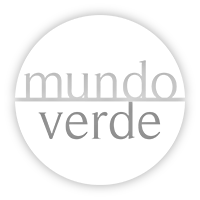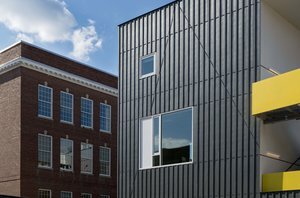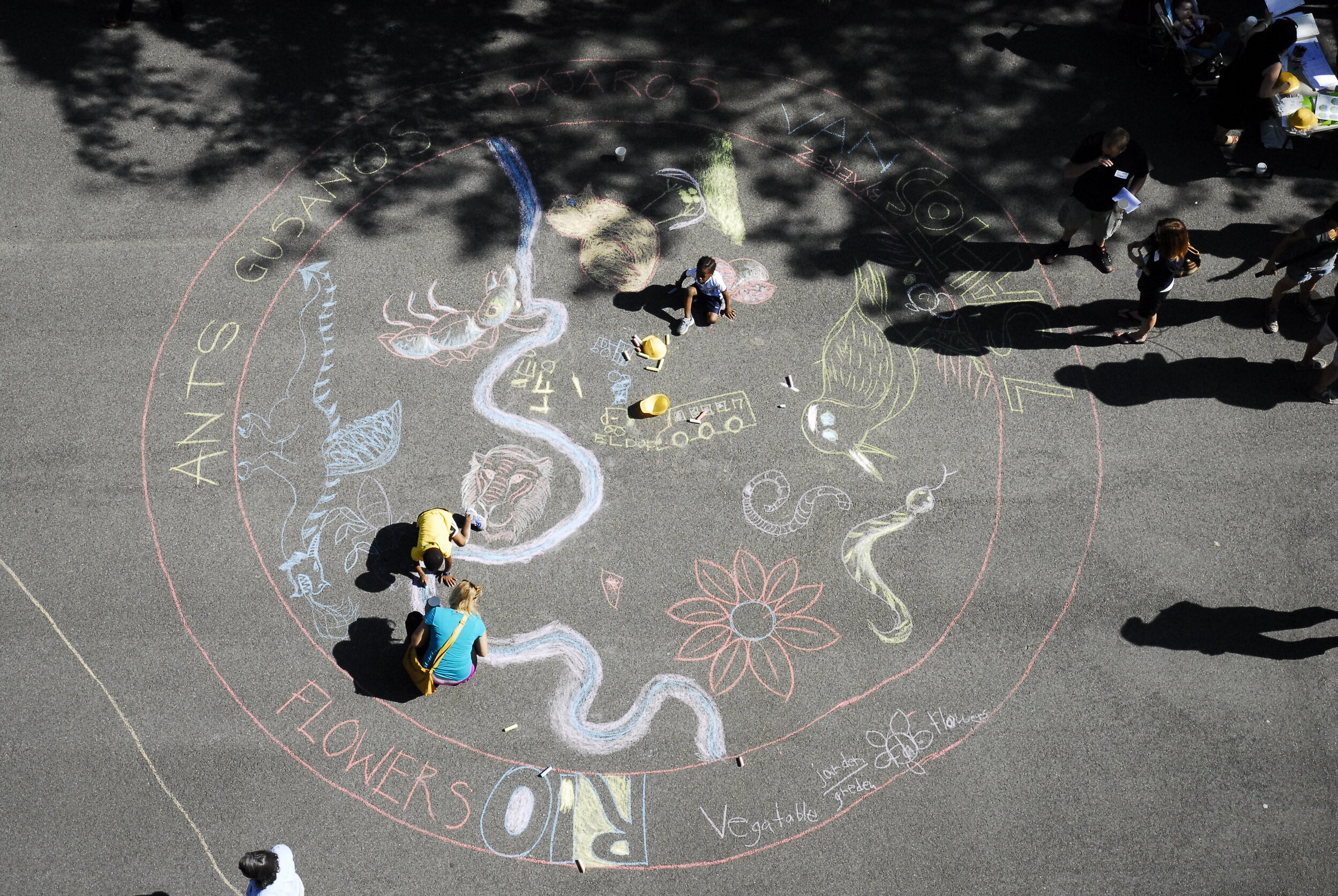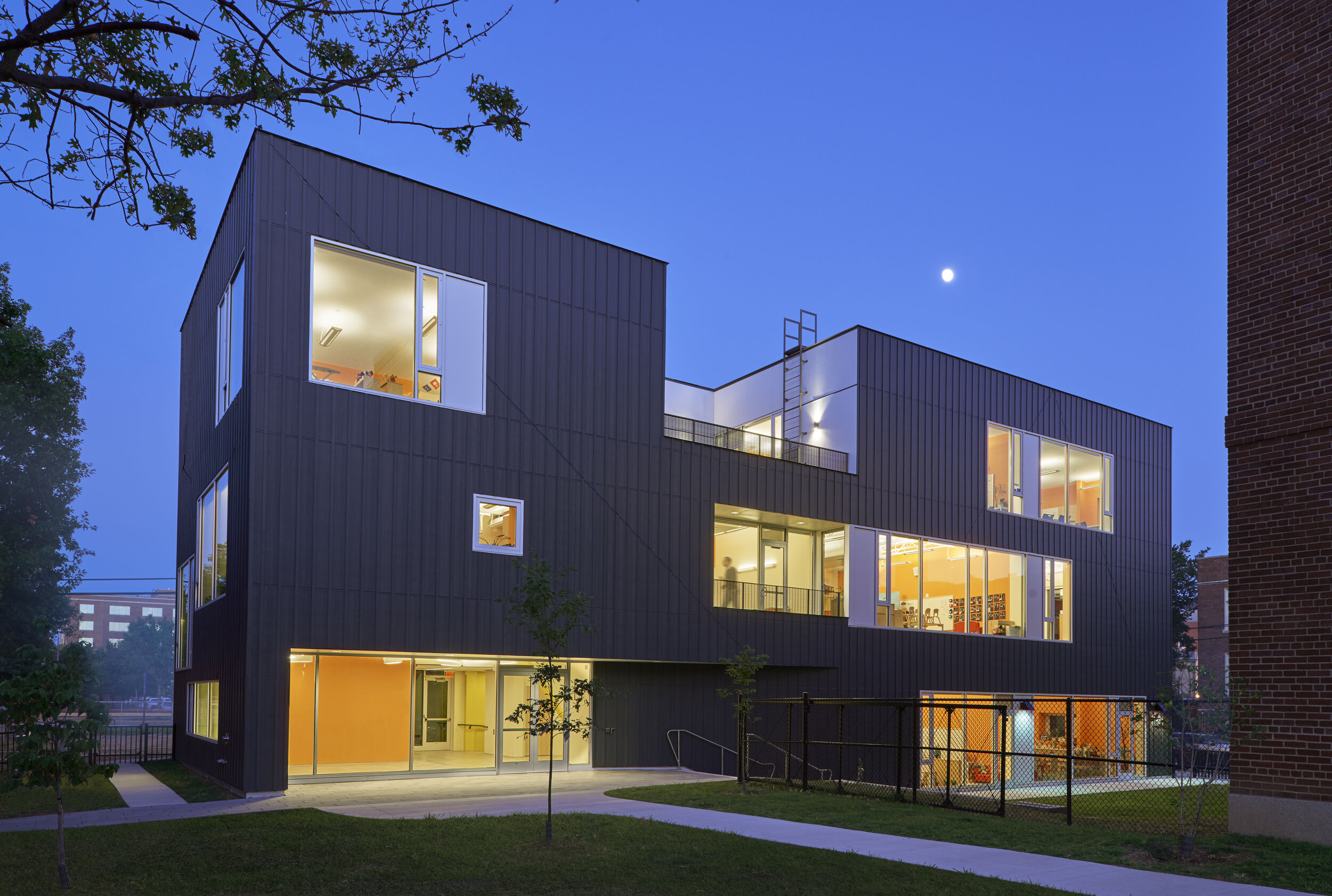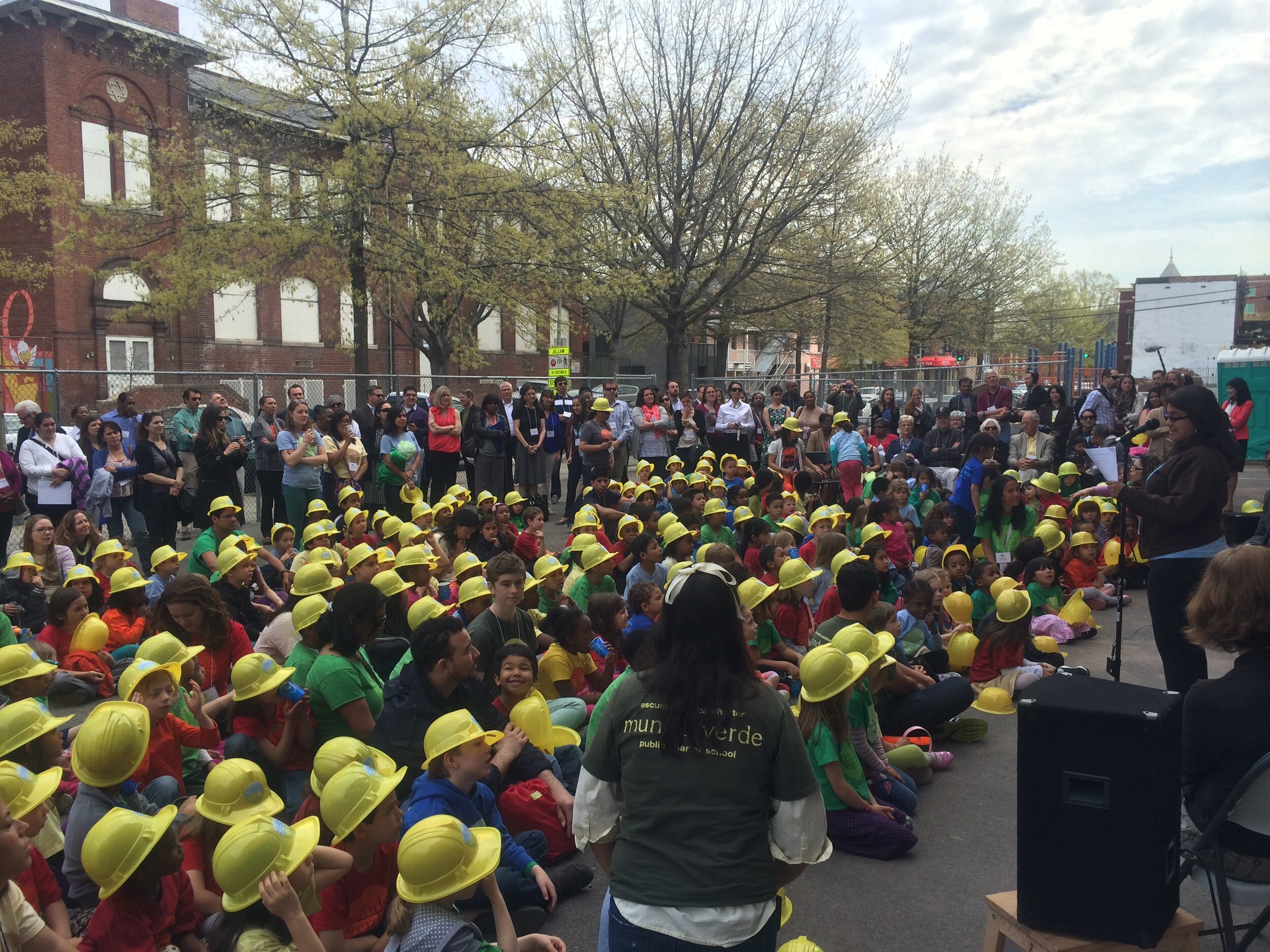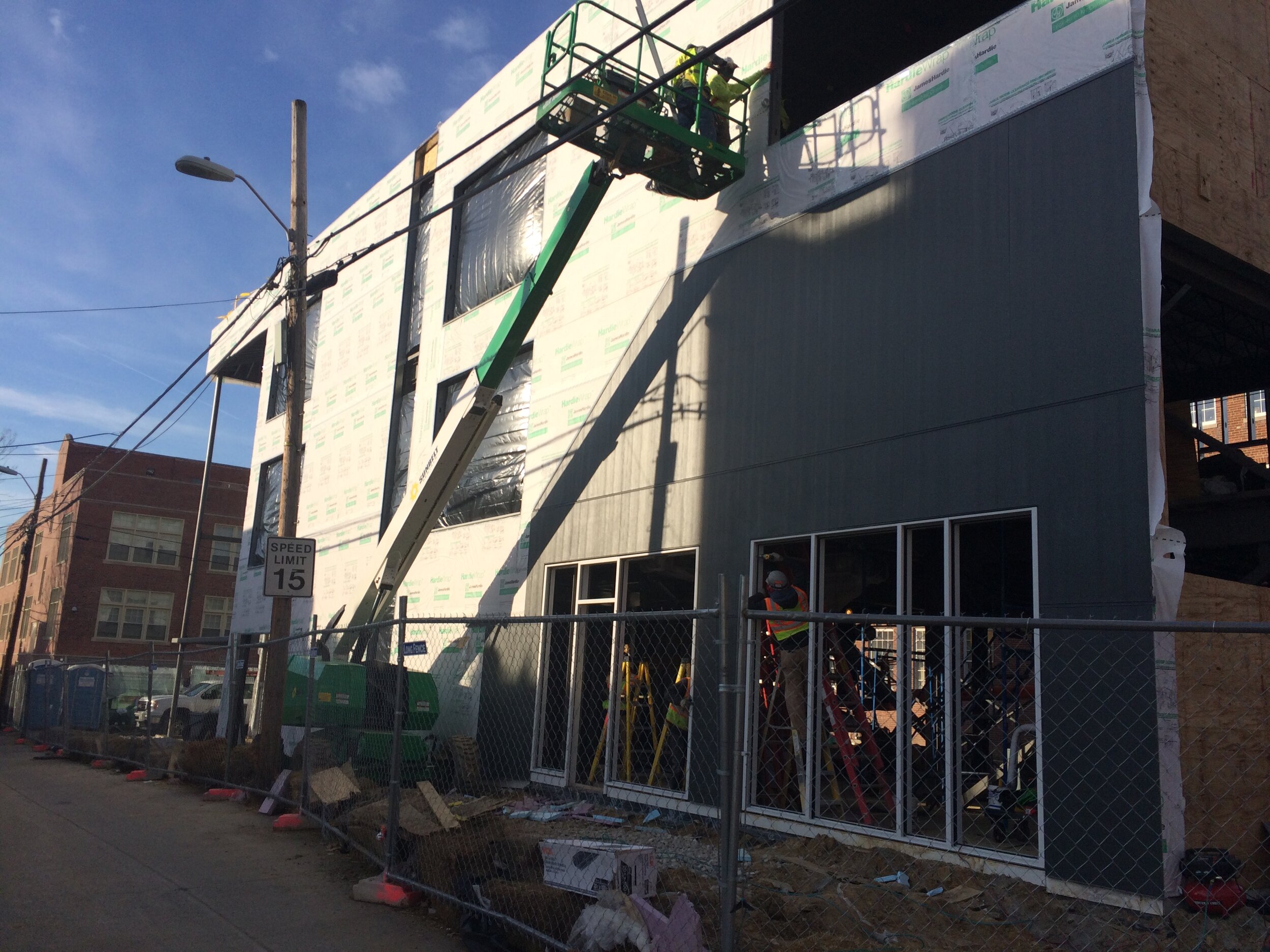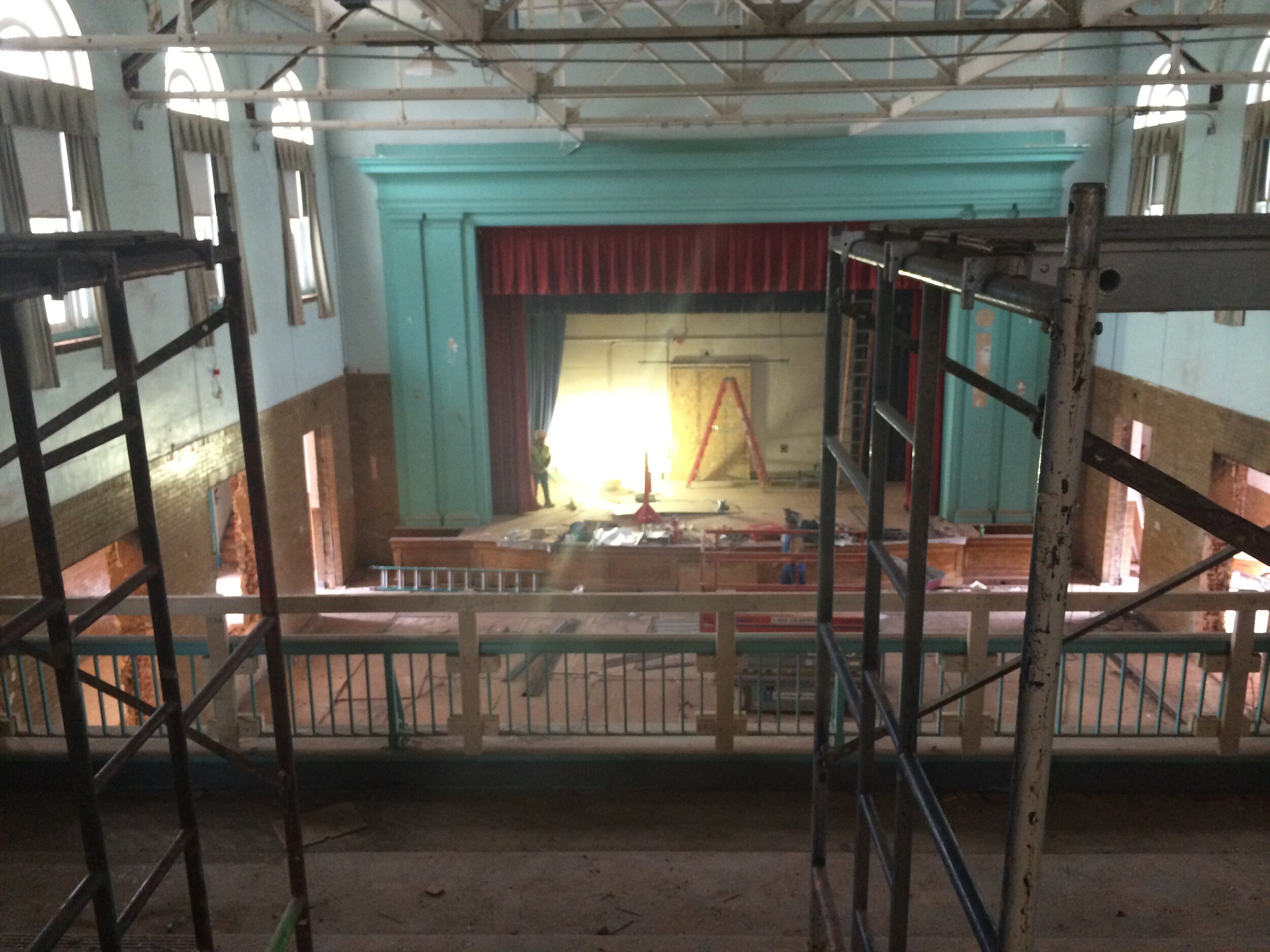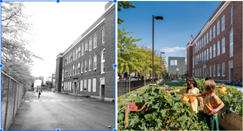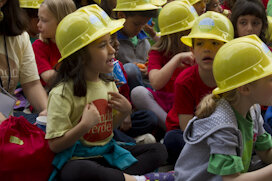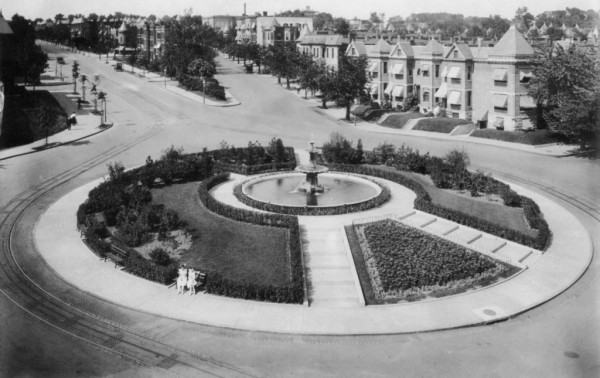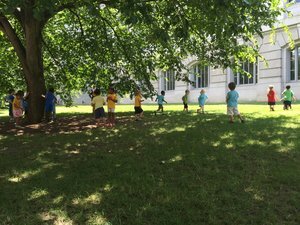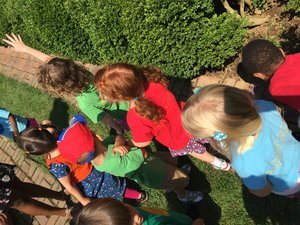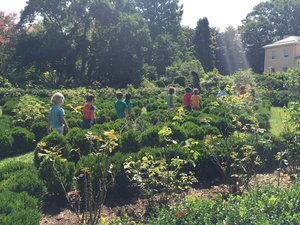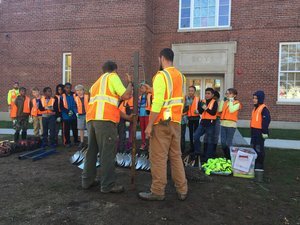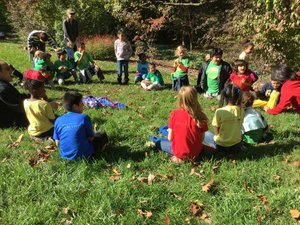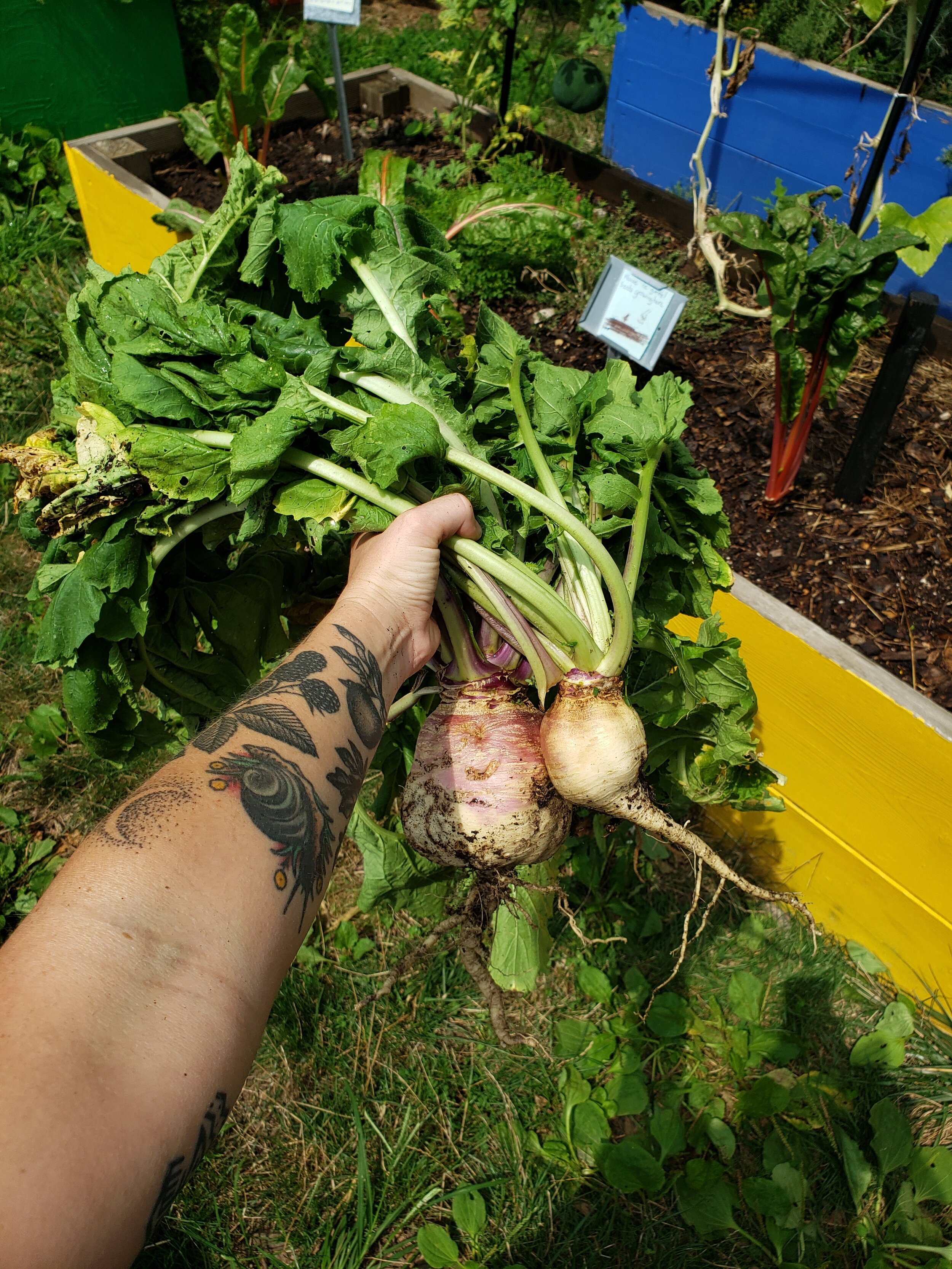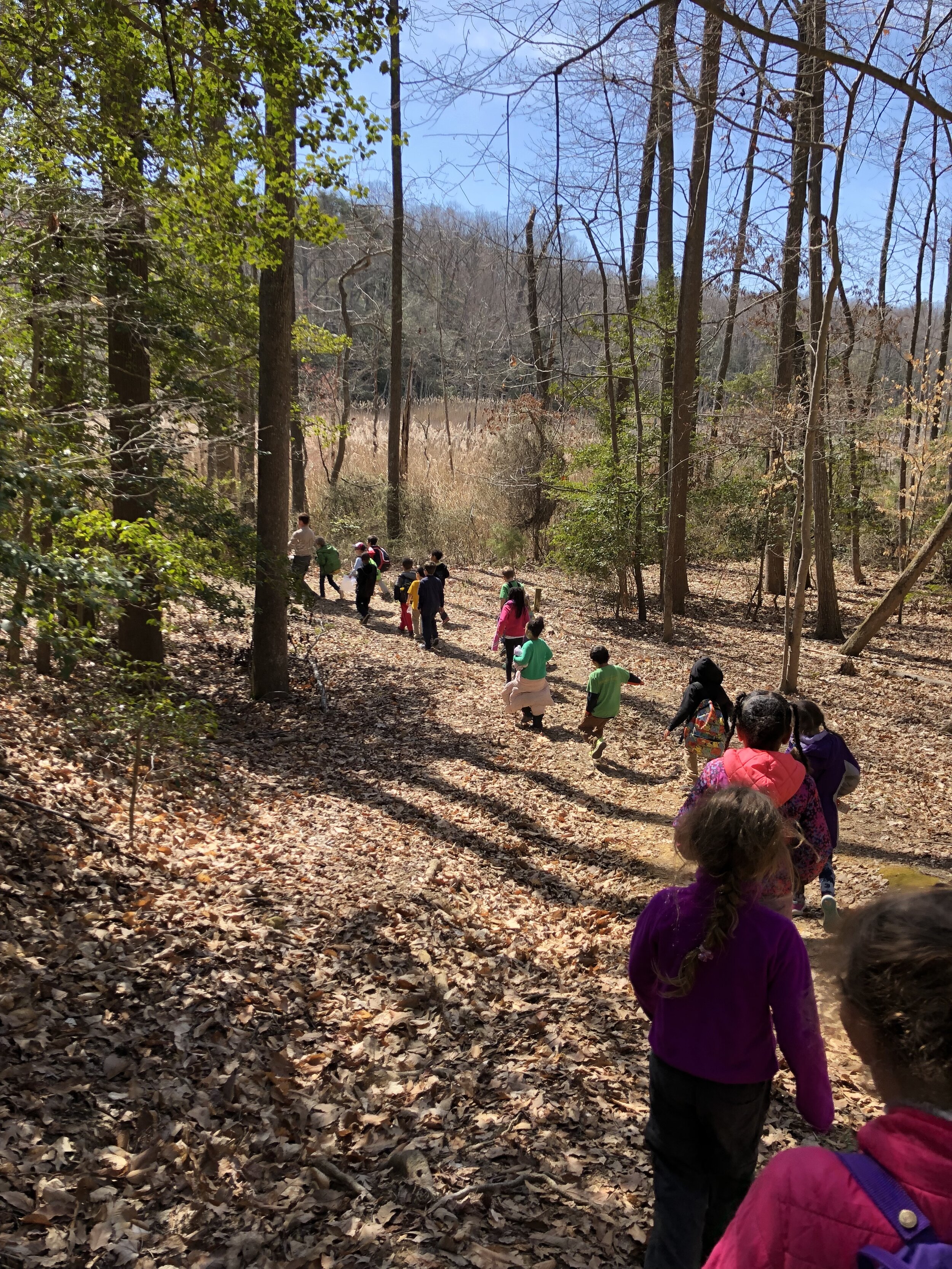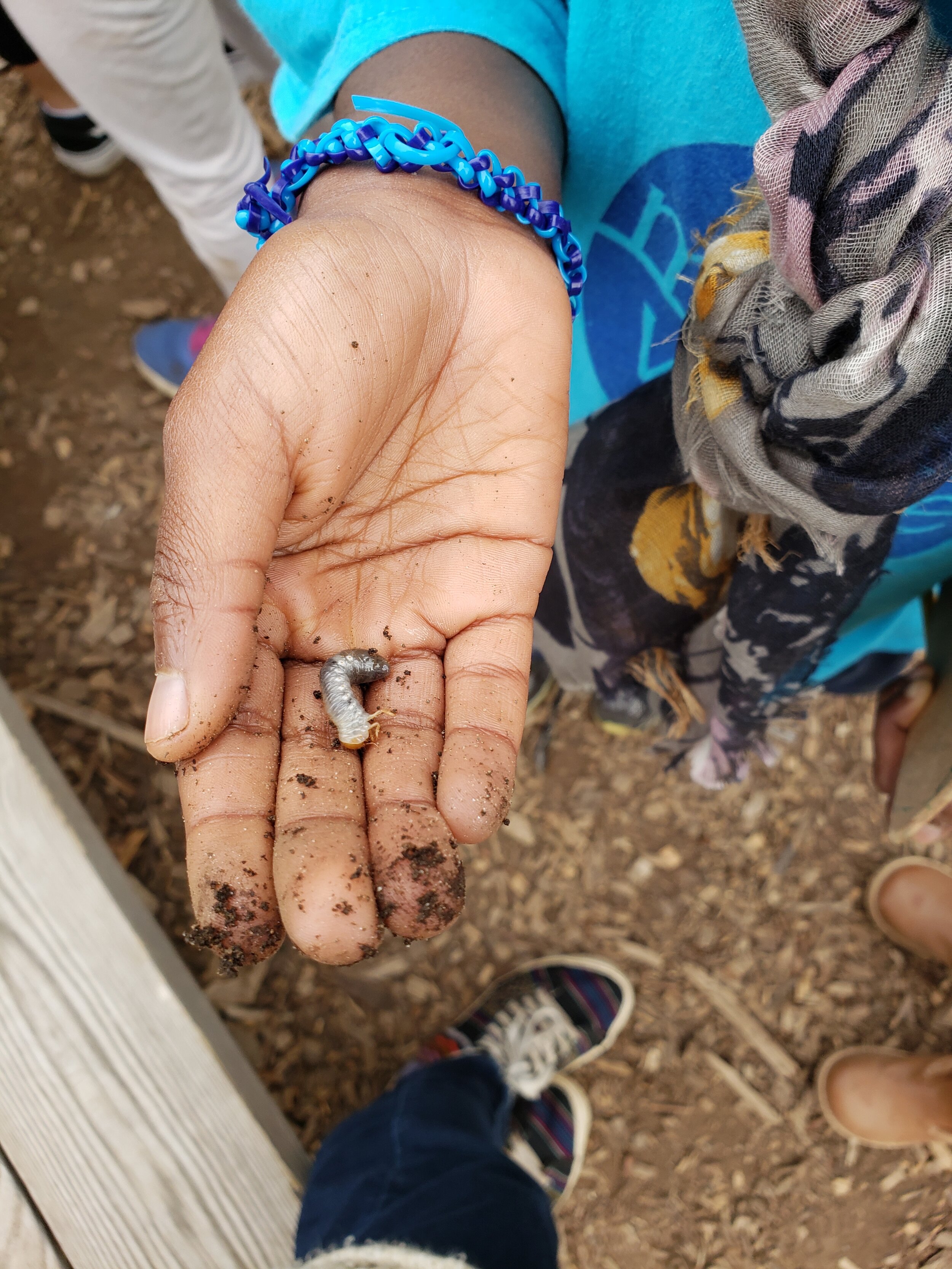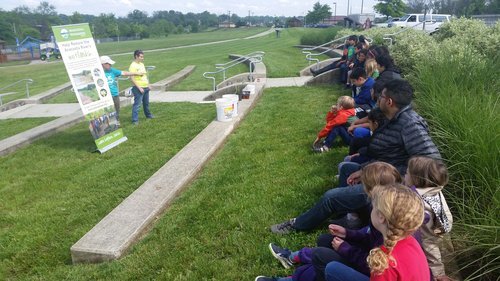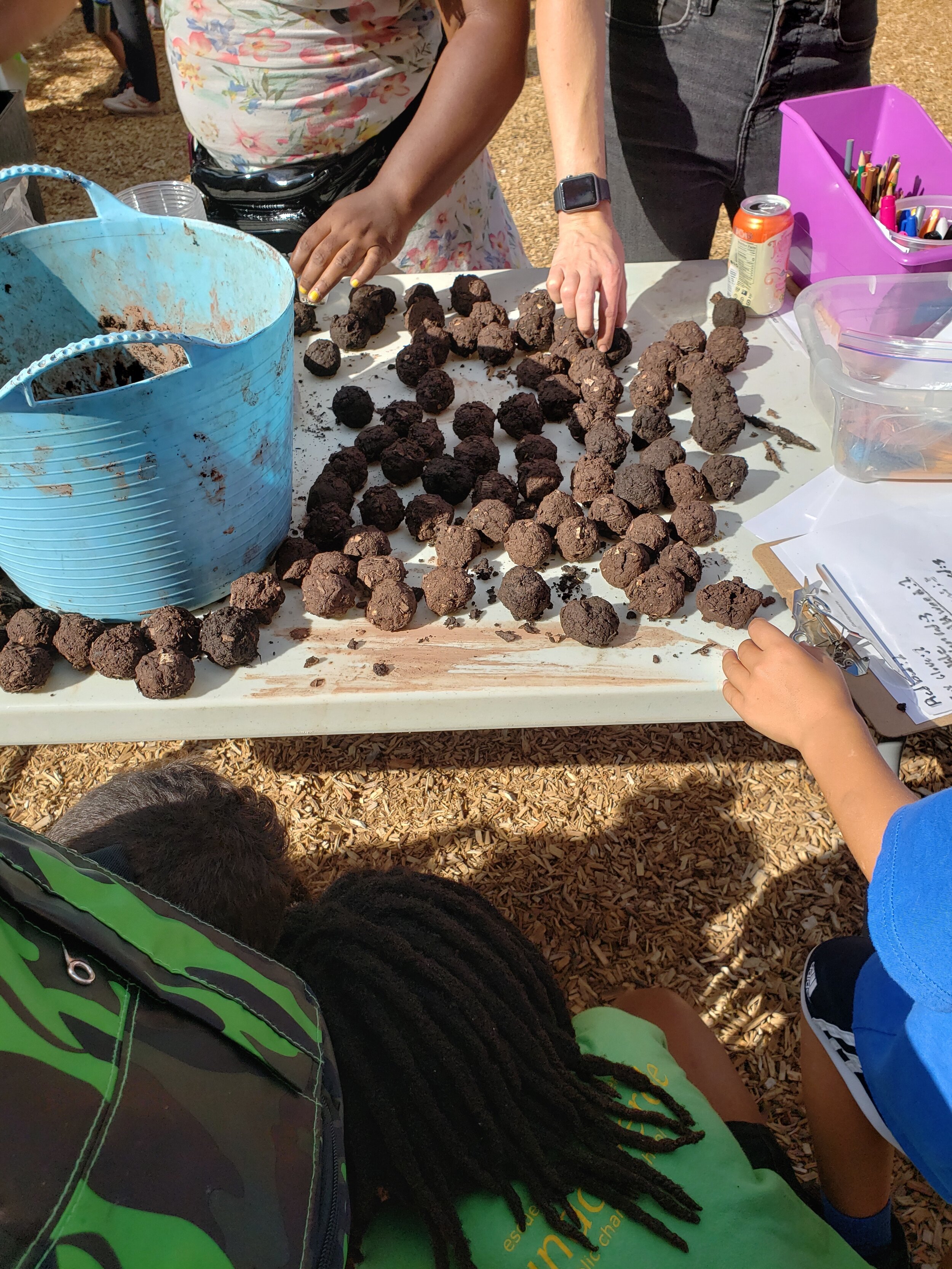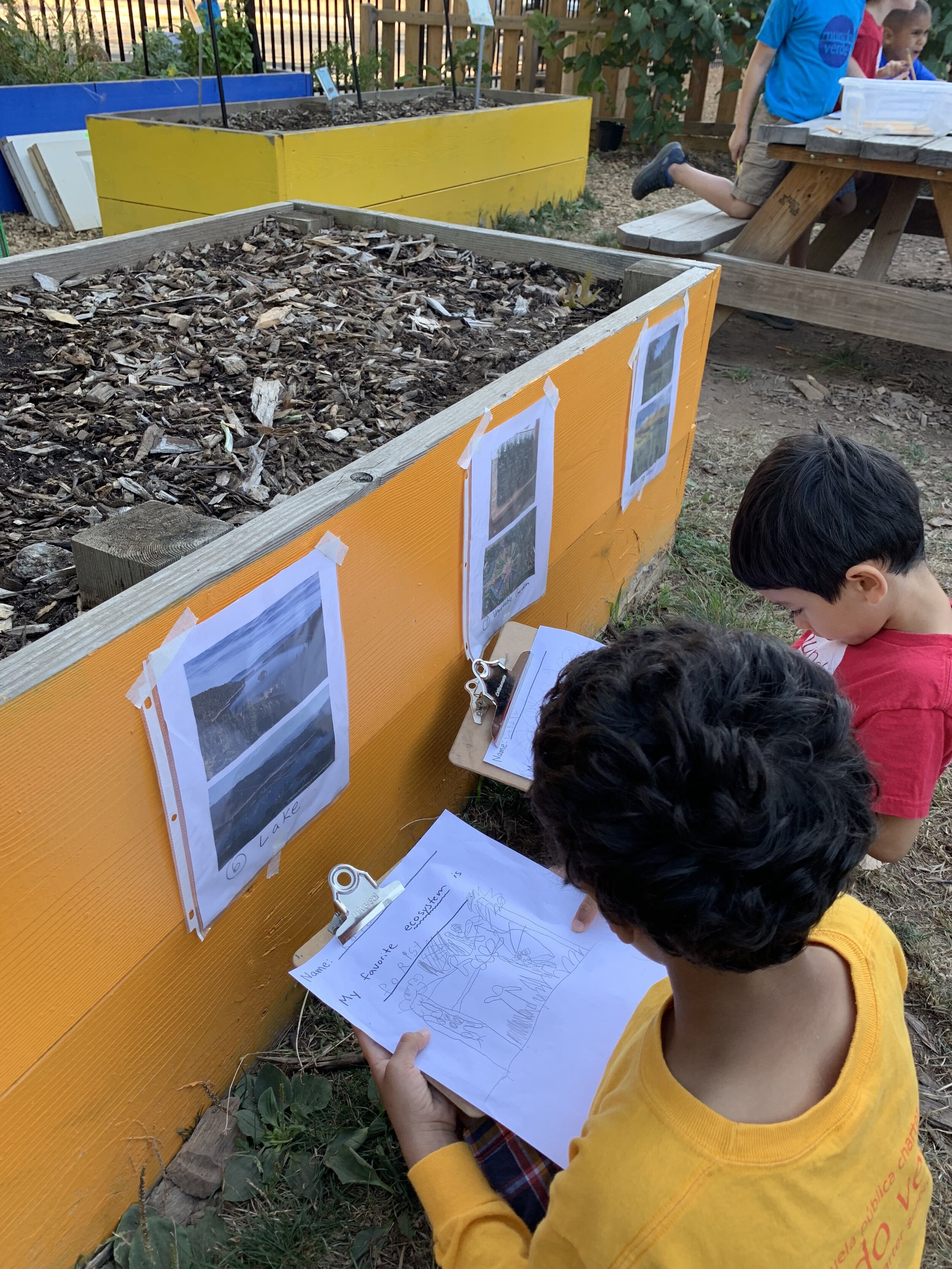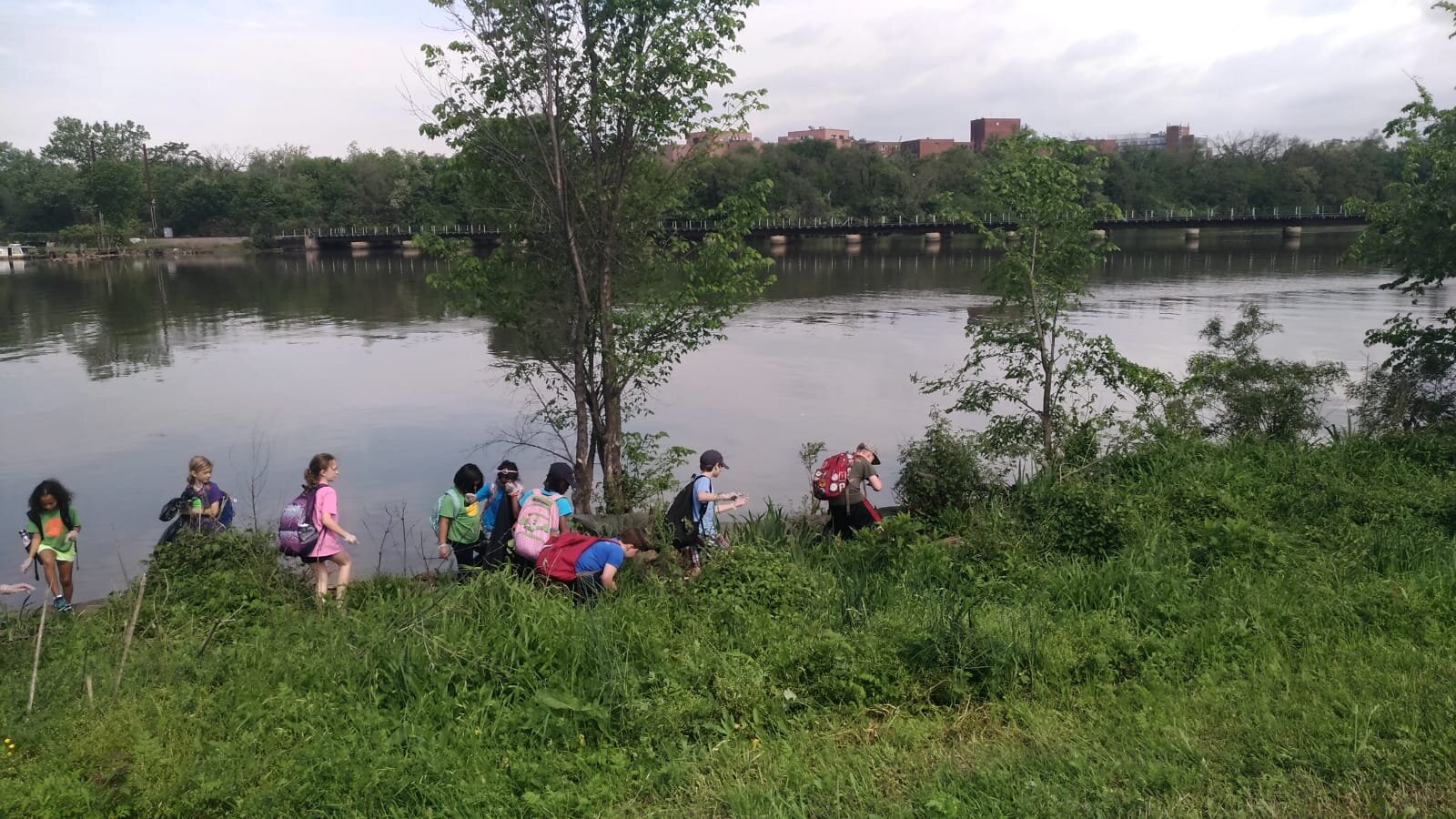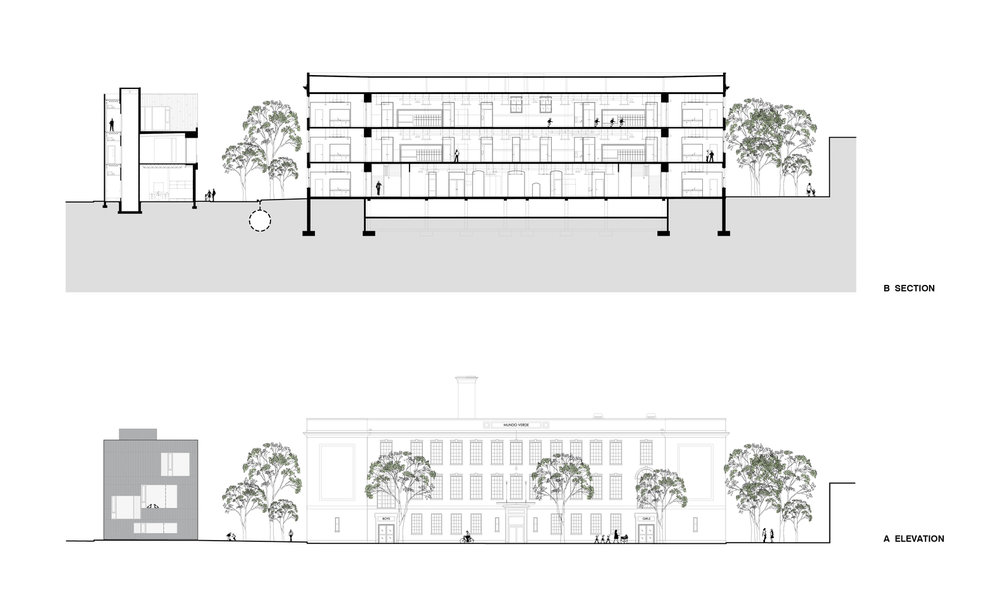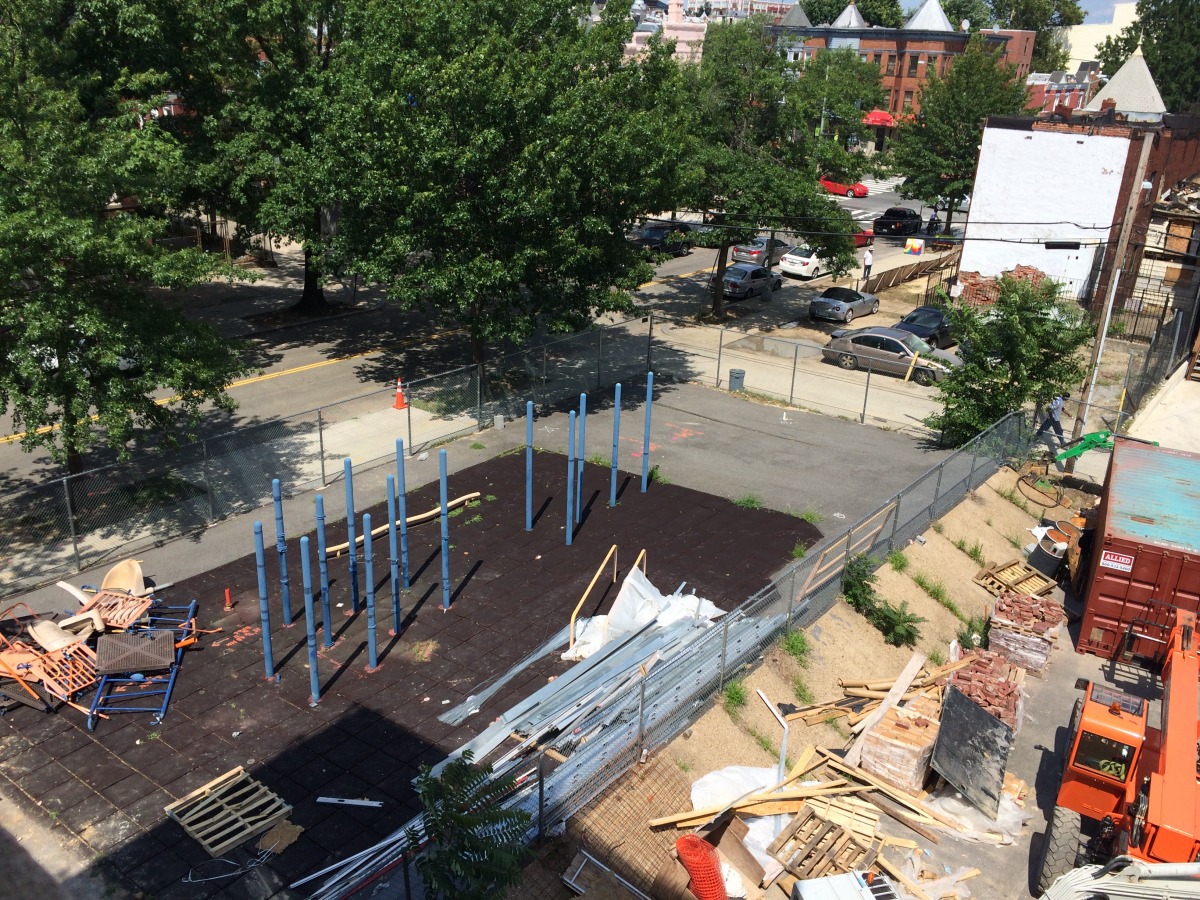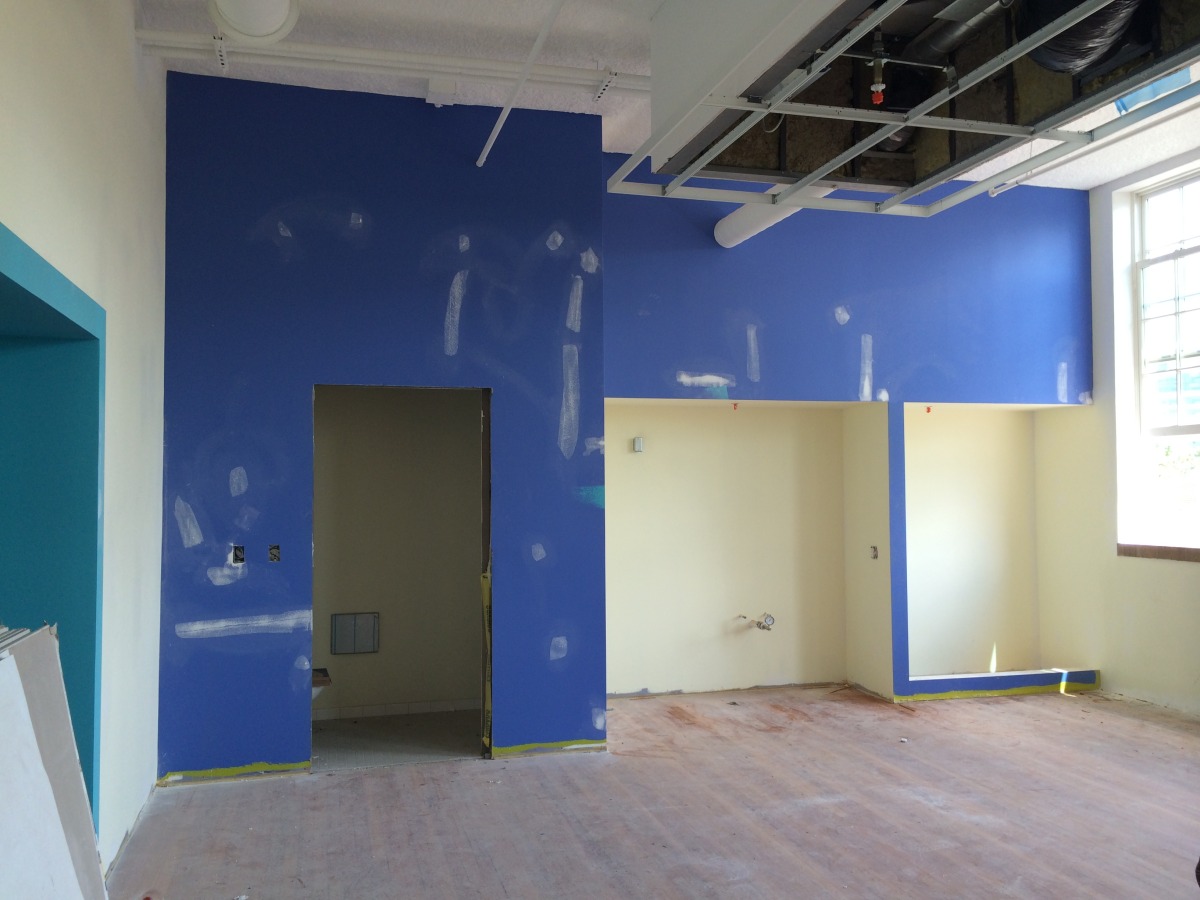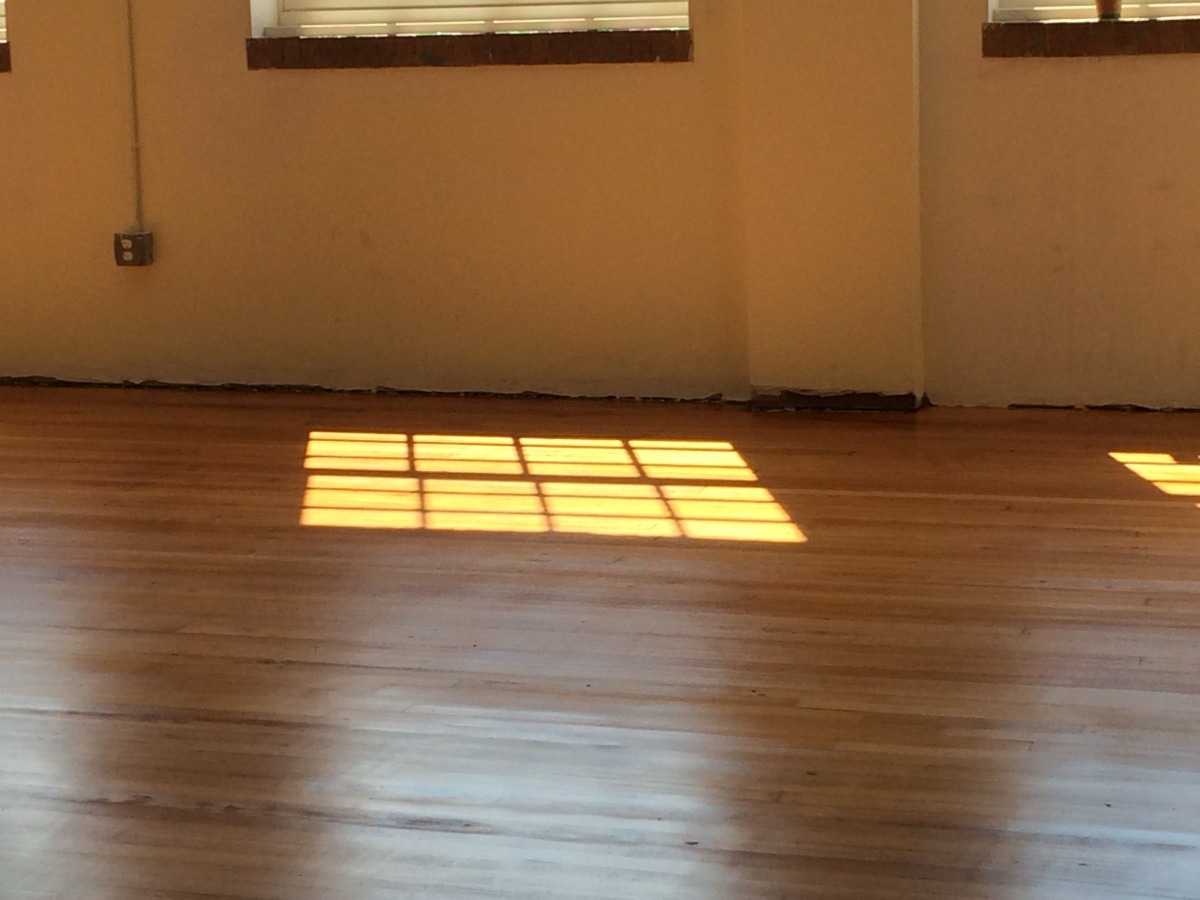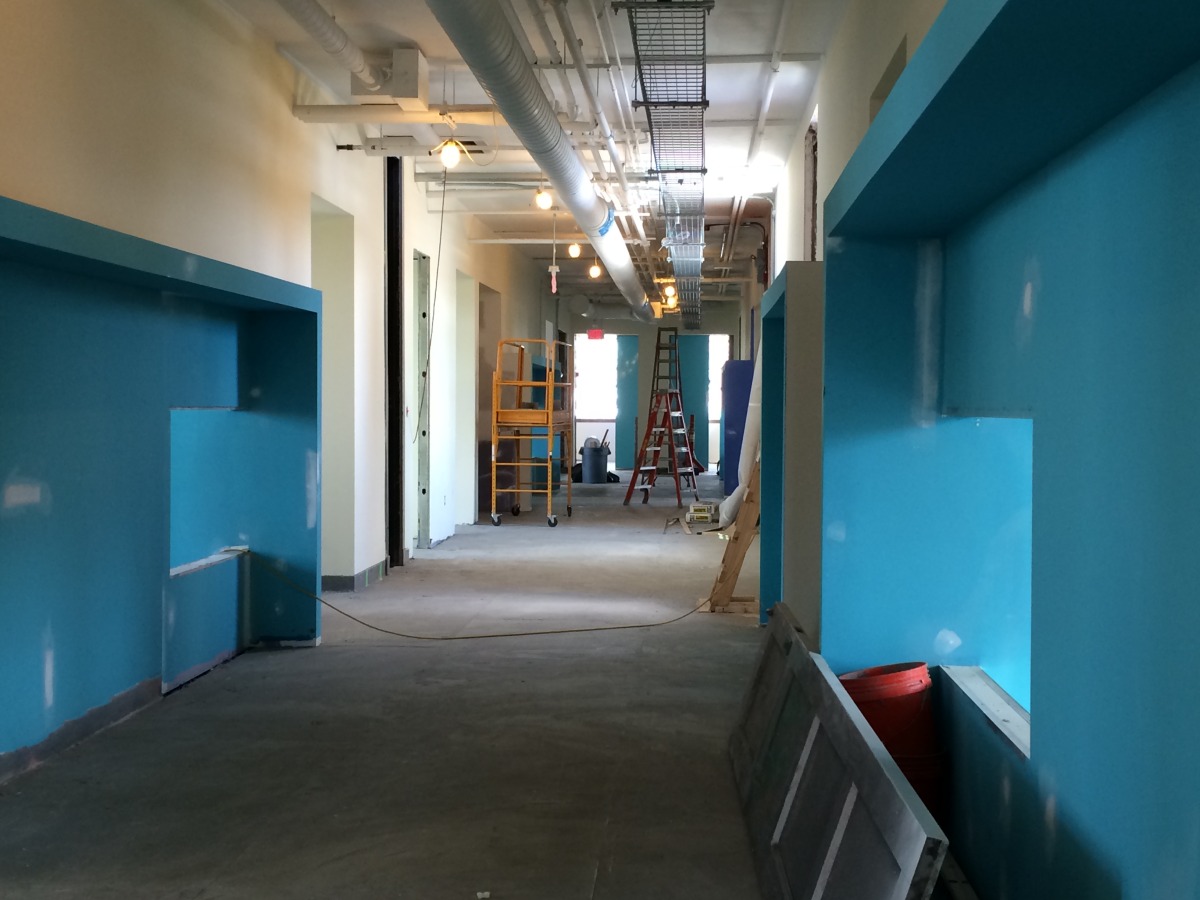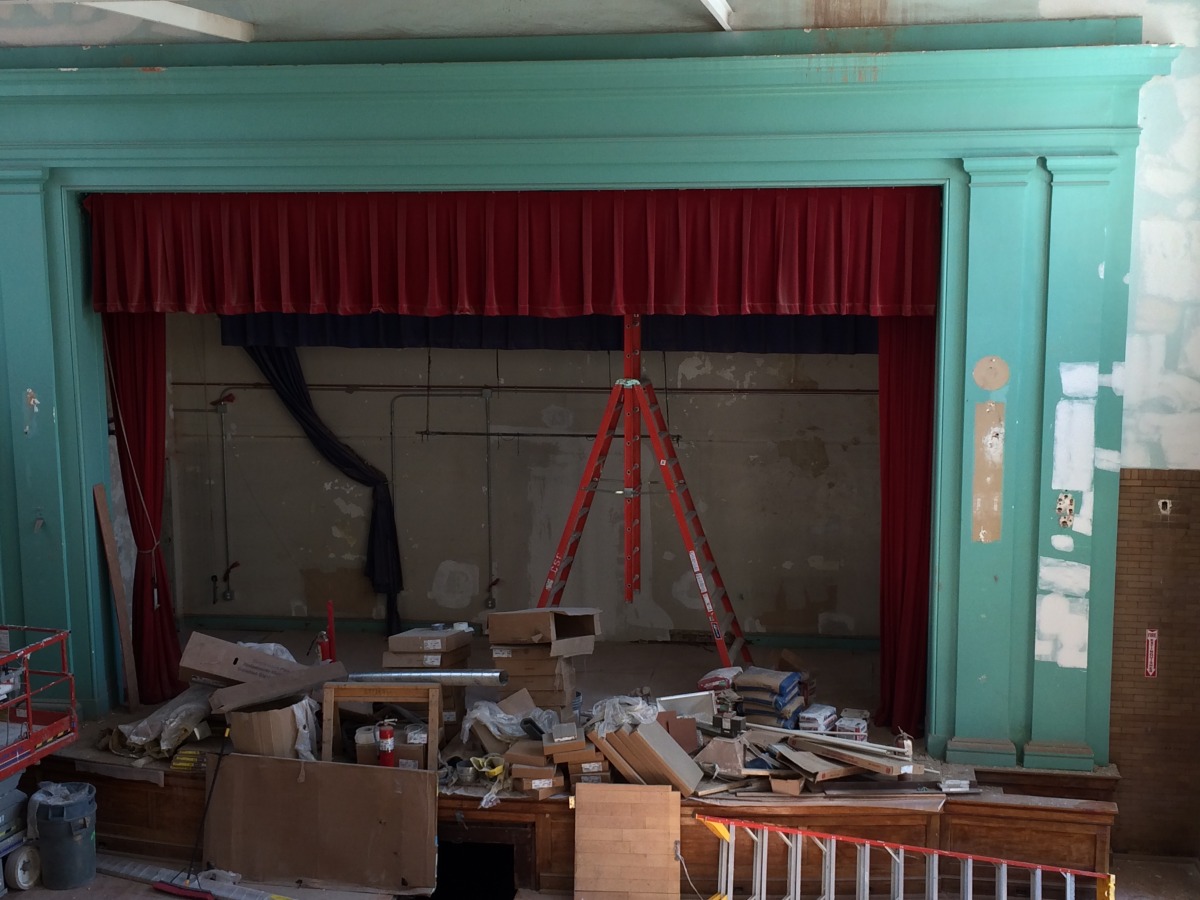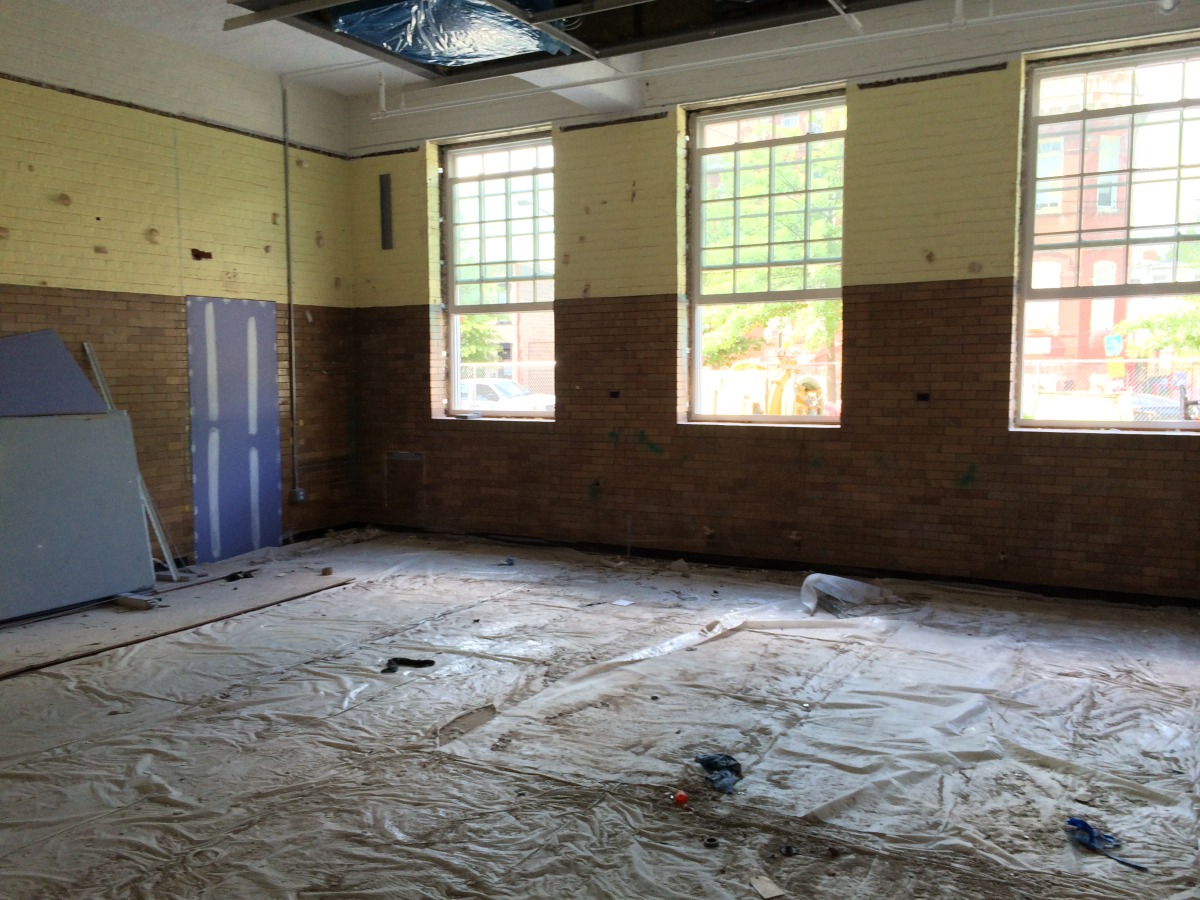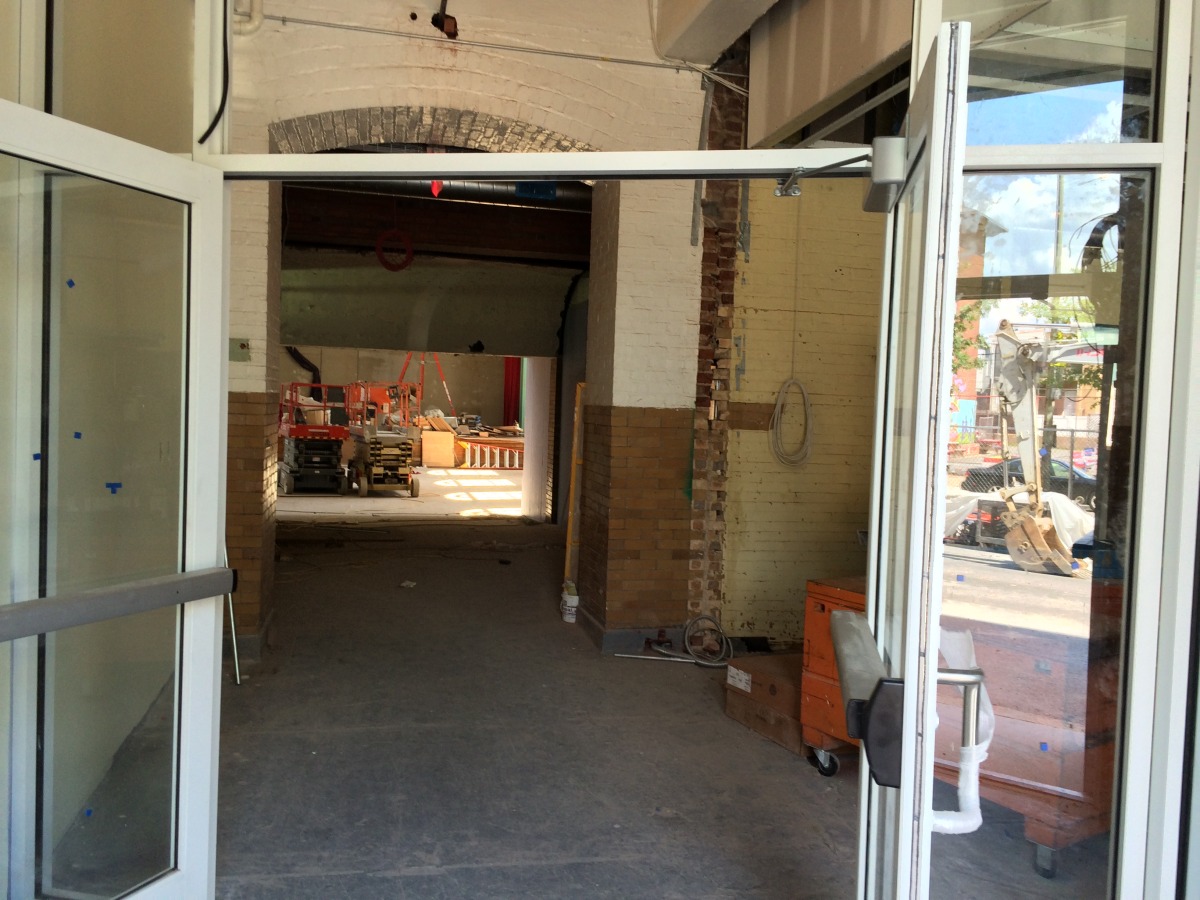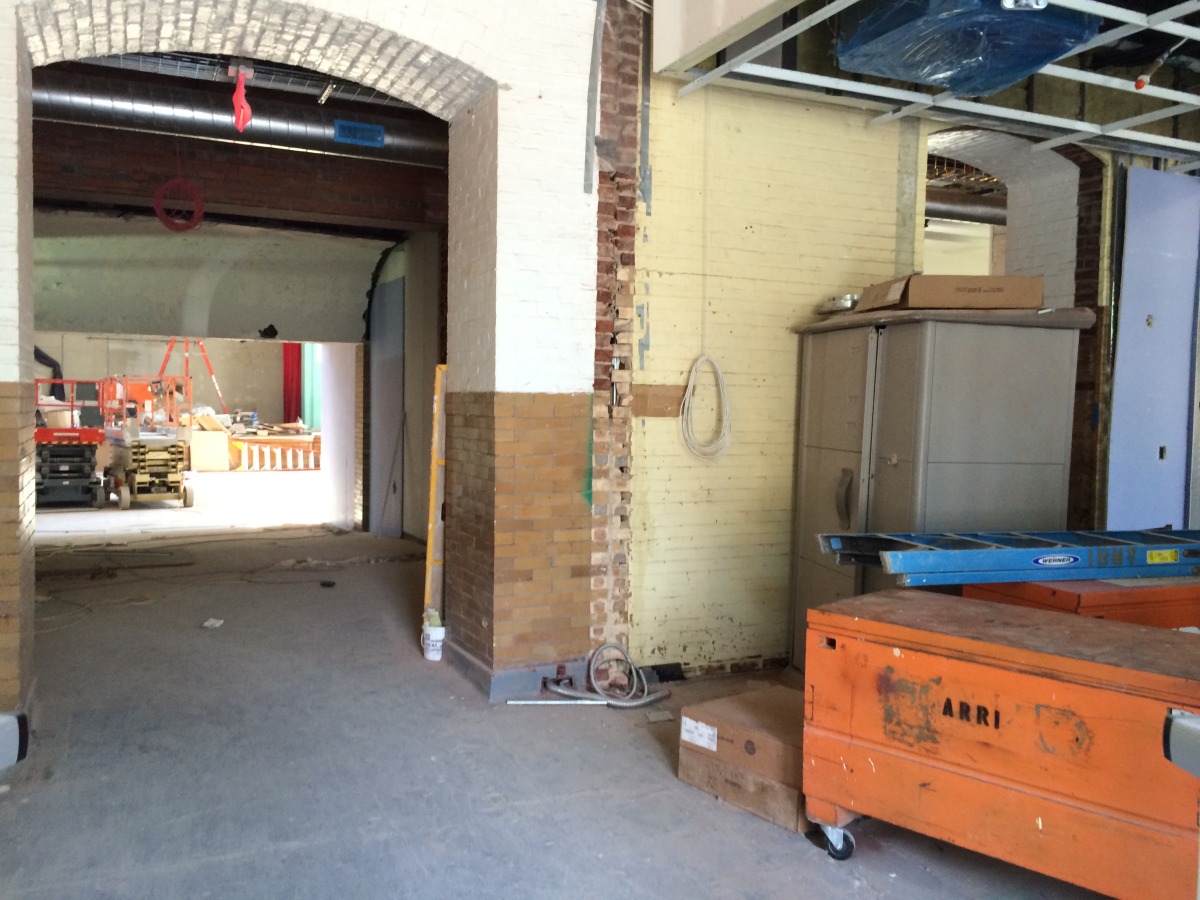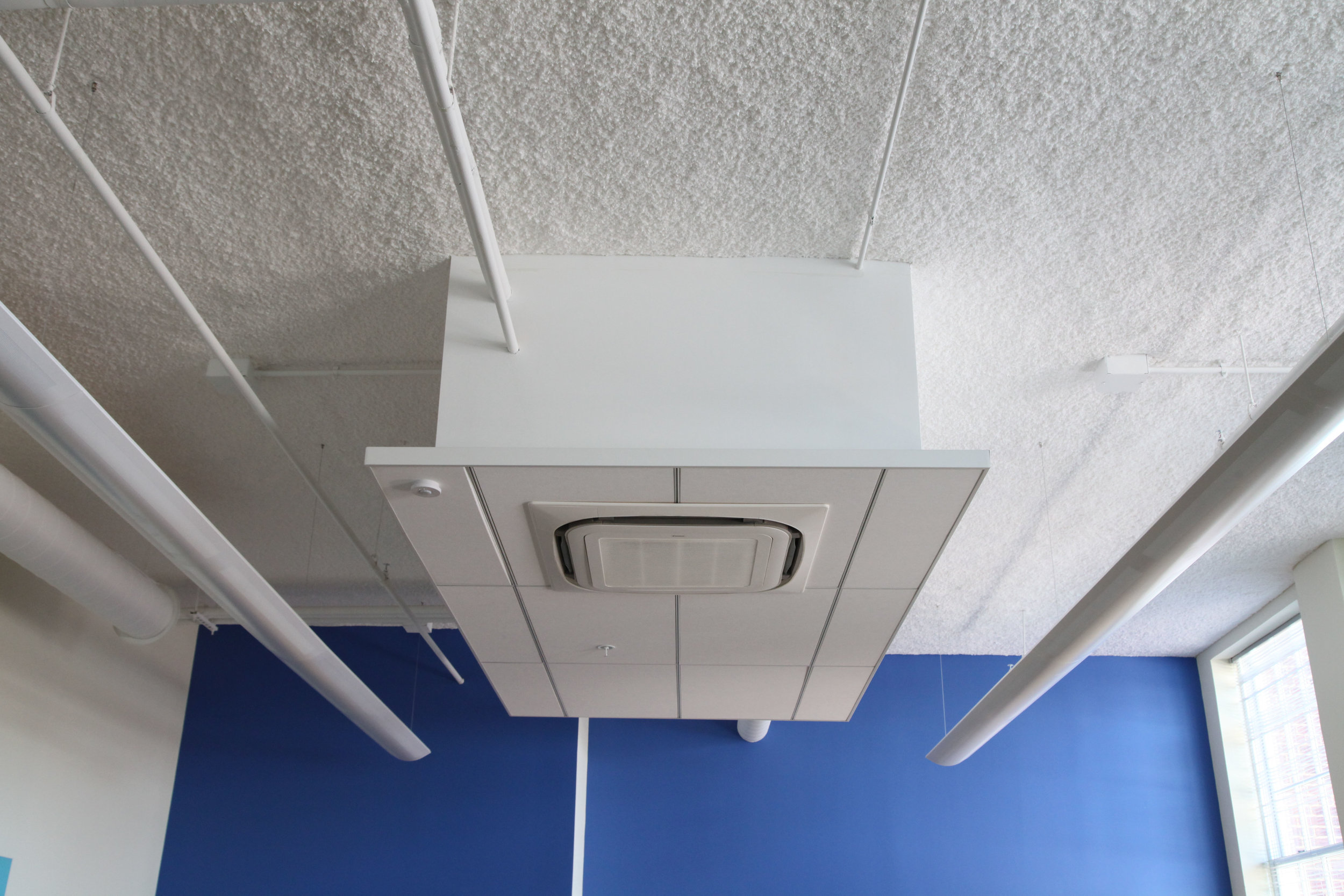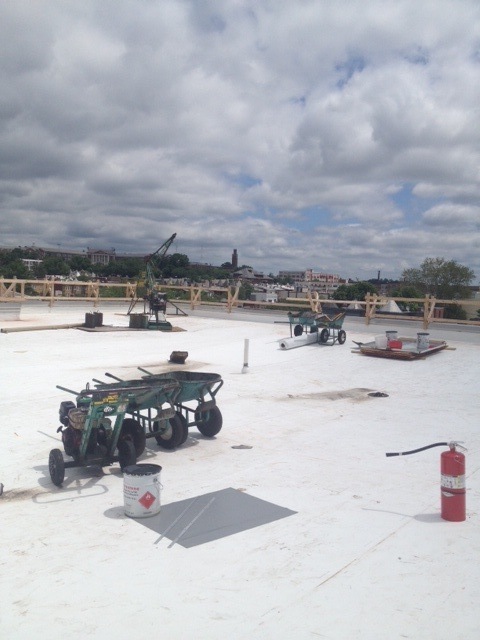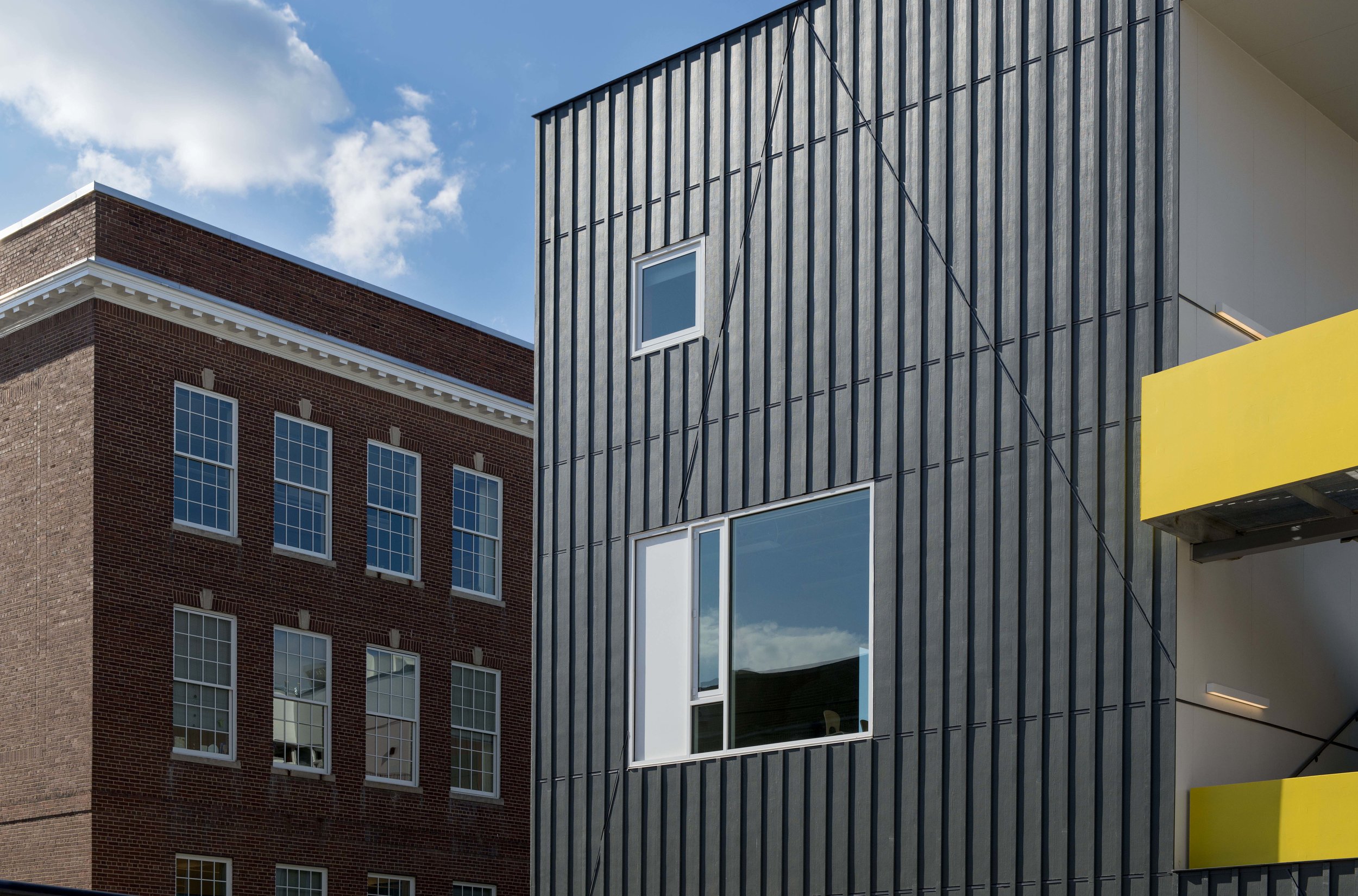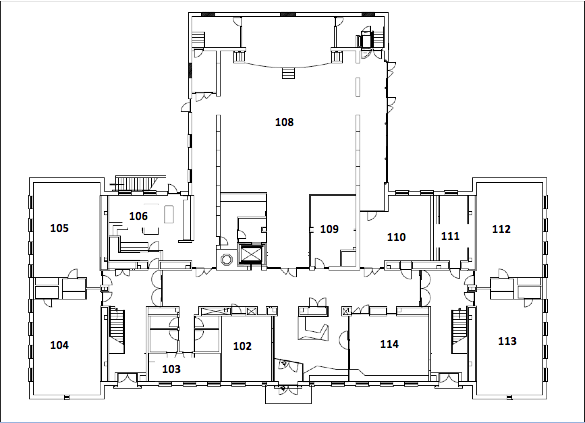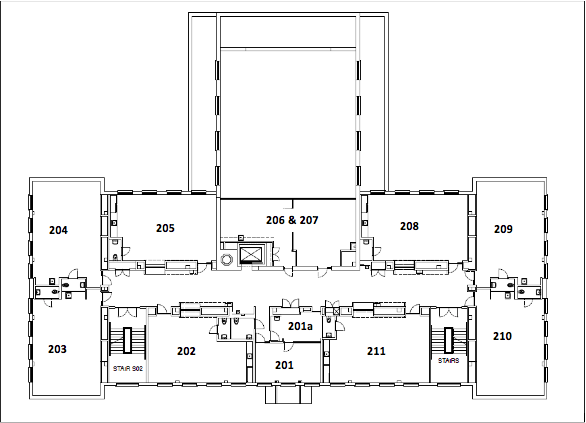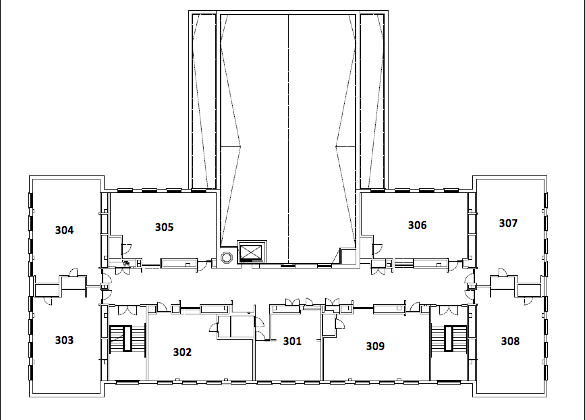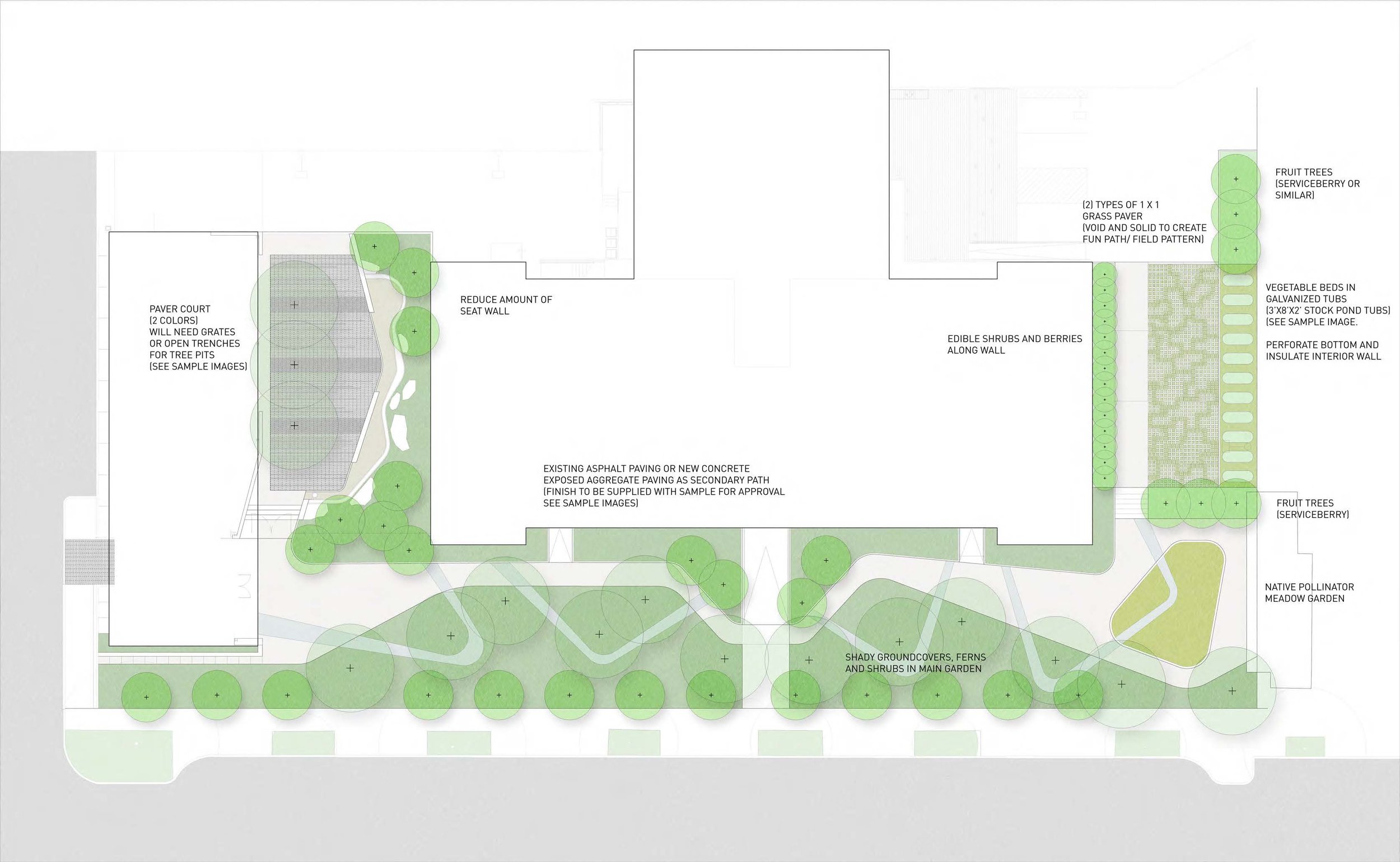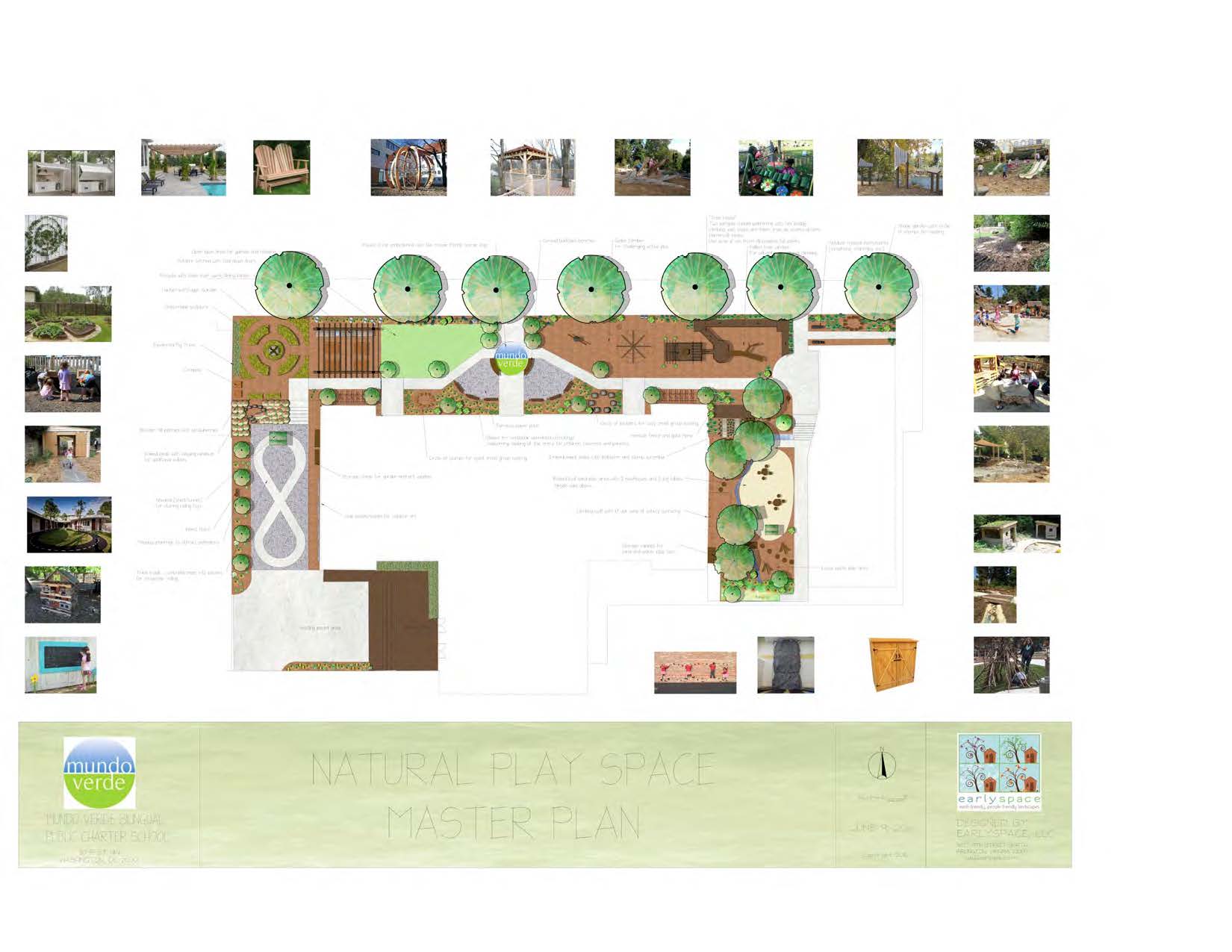About Our Building
As a response to the growing demand for its unique educational experience, Mundo Verde sought campus locations that would enable our diverse community of families to establish a sense of place and belonging in the District of Columbia.
Our campus consists of a renovated historic Elementary School (la casa) and our early childhood annex (la casita), certified LEED Gold and Platinum, respectively. The current state of the J.F. Cook campus is the result of over six years of planning, raising funds, and thoughtful development.
History
The school was named after the Reverend John F. Cook,(1810-1855), an educator and clergyman who was instrumental in the institution of free schools in the early 19th century.
Around the turn of the 20th century, a virtual campus of elementary and secondary schools had developed in the area of First, N, O, and P streets to serve nearby post-Civil War African American settlements. The J.F. Cook School was one of those schools and from 1925 to 2008, served as an anchor institution drawing African American students from across the District of Columbia.
In 2013, when Mundo Verde was selected by the District of Columbia to renovate and reuse this historic school building, our Truxton Circle neighbors asks us to retain the school's original name. Their hope was that by keeping this name we would honor the history of this neighborhood and the work of this important figure in the education of African American people in the District of Columbia. Mundo Verde is proud to be able to call this historic and now renovated site our home and will designate this campus as the J.F. Cook Campus to recognize the important contributions of the Reverend John F. Cook, and the rich history of the J.F. Cook School itself.
Sustainability
The renovation and construction of our J.F. Cook buildings incorporated many sustainable design features and materials. Building materials were salvaged from the original facilities and reused for landscaping and architectural elements. The asphalt areas were transformed into play spaces and school gardens. The rainwater harvesting system collects grey water used by the school to save over 300,000 gallons of water annually from going to the water treatment facility.
Design
When dreaming of our permanent home for our first campus, we pictured a sustainable school alive with spaces for learning “the Mundo Verde way”: spaces in which our students are scientists, urban planners, historians, and activists—investigating real community problems and collaborating with peers to develop creative, actionable solutions; spaces in which student see the relevance of their education and are motivated by the understanding that learning has purpose.
Longterm Goals and Projects
This commitment to continued growth and greening of our J.F. Cook campus focuses on the following long-term project aimed to create the mission-specific connections between our campus and our curricula, maximizing the campus as a learning laboratory. For school year 2018-2019, MV PADRES (our parent association) is leading a Play Spaces Campaign to further develop the outdoor play space.
News and Awards
D.C. releases report of city’s best- and worst-performing charter schools
The Best New Schools Don't Look Like School At All
AIA Announces 2016 CAE Education Facility Award Winners
D.C. Charter School wins AIA design award
2016 Education Facility Design Awards
